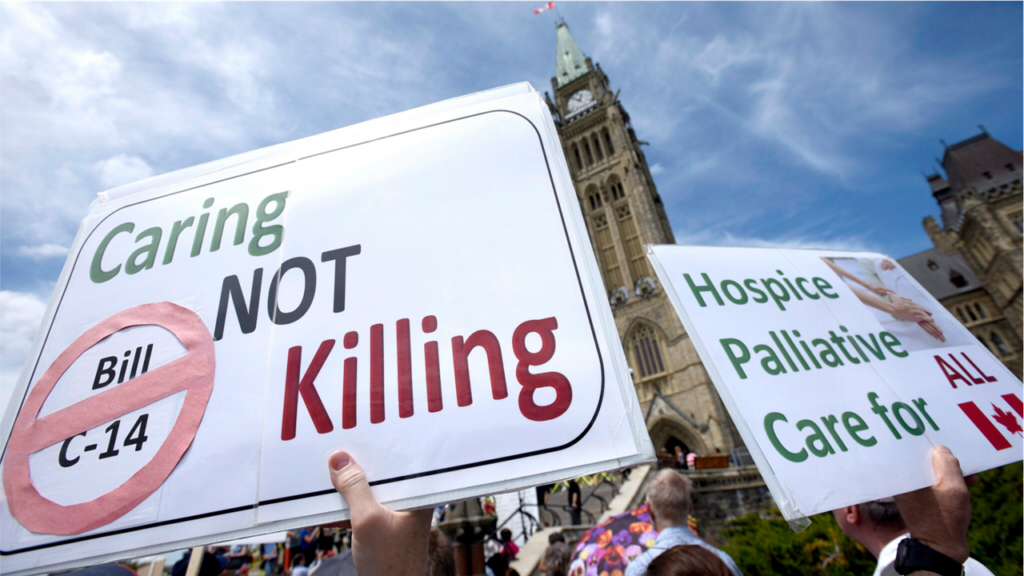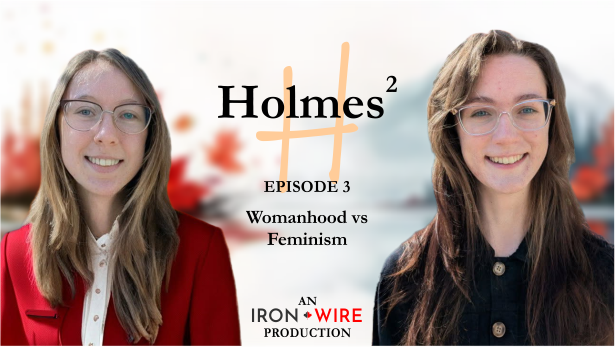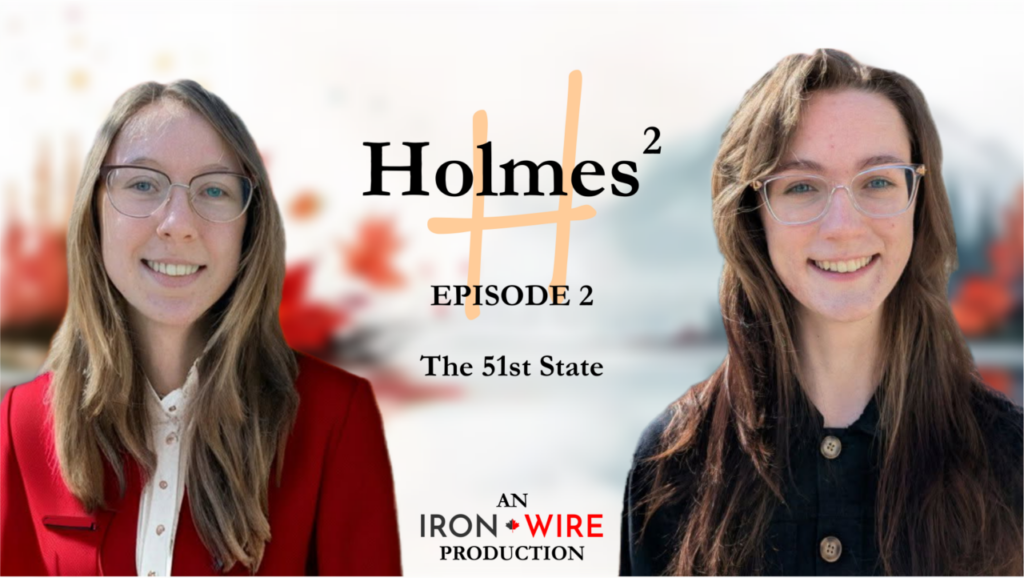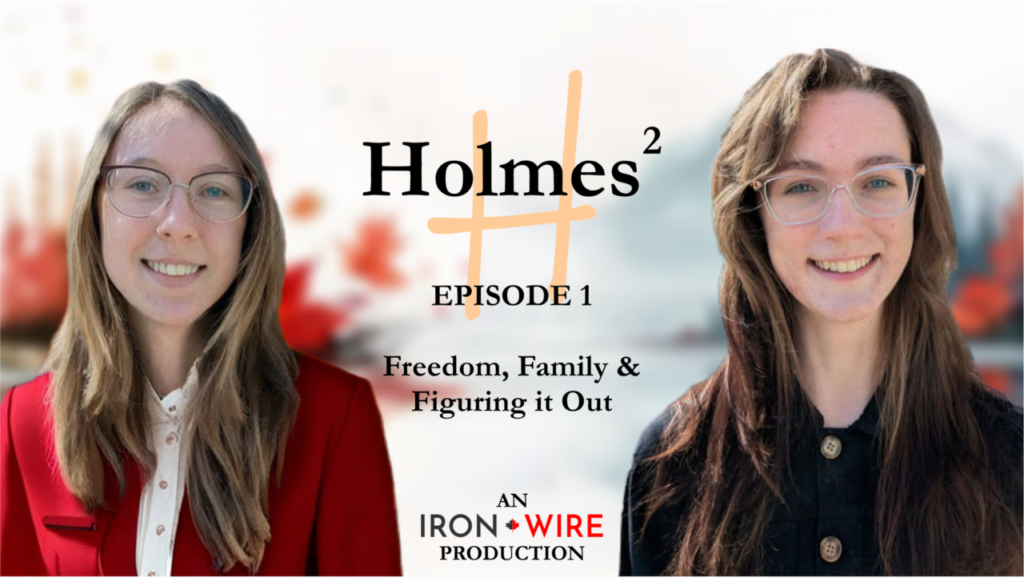North Dakota Town’s Effort to End Water Fluoridation Exposes CDC-funded Lobbying — and a String of Profane Emails
Source: Children’s Health Defense
When Washburn, North Dakota’s town commissioners decided in January to take up the issue of whether or not to continue fluoridating the water supply for the town’s 1,300 residents, they anticipated researching the risks versus benefits and putting the matter to a vote.
What they didn’t anticipate — but soon encountered — was evidence of a coordinated effort by state actors and a national fluoride lobby group, using federal money, to crush local efforts by small towns like Washburn to stop fluoridating their water supplies.
On Monday night, town commissioners voted 4-1 to stop adding fluoride to Washburn’s water supply — making Washburn the latest in a growing list of communities across the country to end the practice in light of mounting scientific evidence that the chemical harms children’s health and provides little or no dental benefit.
At the meeting, Commissioner Keith Hapip shared what he said was evidence of astroturfing by Dr. Johnny Johnson, president of the American Fluoridation Society; Jim Kershaw, Bismarck, North Dakota’s water plant superintendent and others.
“Astroturfing is when a group with money and power pretends to be regular folks supporting something, but it’s really a planned push from the top,” Hapip said. “Real grassroots come from the community naturally. And here, the oral health program used CDC [Centers for Disease Control and Prevention] cash to manufacture support for fluoridation in Washburn.”
Johnson phoned into the meeting to advocate for water fluoridation. In response, the commission also hosted a presentation by Michael Connett — the attorney who represented the plaintiffs who won a landmark ruling in a lawsuit against the U.S. Environmental Protection Agency for the agency’s failure to appropriately regulate fluoride use in water supplies.
Dr. Griffin Cole, conference chairman of the International Academy of Oral Medicine and Toxicology, who has expertise on fluoride’s toxic effects, also made a presentation.
Interviews by The Defender with grassroots actors across the country revealed that for years, Johnson, one of the country’s foremost advocates of water fluoridation, has been intervening in grassroots efforts to end fluoridation in their communities.
He and colleagues — in this case, Kershaw — travel physically or virtually to meetings in towns across the country.
Johnson himself, along with the American Dental Association (ADA), openly celebrates this work lobbying local governments. The ADA frequently reports on Johnson’s appearances and his “success” blocking community efforts to end fluoridation on its website.
As recently as last week, Johnson reportedly bussed in dentists to a meeting in Seminole County, Florida.
North Dakota officials misused CDC funding to lobby in Washburn
On Jan. 13, Hapip brought the issue of fluoridation to the commission. He kicked off the discussion by asking some basic questions: “Is there an ethical question to medicating people without explicit consent? And, does fluoride work systemically or topically?”
Kershaw, a staunch water fluoridation advocate, traveled the 35 miles from Bismarck, a much larger city, to present information about water fluoridation.
Kershaw so adamantly pushed fluoride that one of the commissioners asked him if he was there representing “big fluoride” or some other interest. Kershaw said he was there on his own money and his own time because he simply had learned a lot and was “excited about sharing it with other people.”
“I do this on my own time, and to help colleagues like this,” he said. “I do this on my own. I do this out of my own expense for gas money and stuff.”
Hapip said he was surprised by the response. “There were people writing us letters from out-of-state regional dentist associations, people traveling from Bismarck to come to our meeting. It was like, there’s something going on here,” he said. And the letters were all strikingly similar. “They seemed very copy and paste.”
Hapip found the disproportionate response to the small-town question and Kershaw’s comments to be so strange that he submitted a public records request for communications between Kershaw and the top officials at the North Dakota Oral Health Program (OHP), including Director Cheri Kiefer and OHP Public Health Hygienist Vanessa Bopp, about Washburn.
A Jan. 6 email from Kiefer informed Kershaw — who is not an OHP employee — that the agency would fund his trip to Washburn, and a Jan. 21 email confirmed the reimbursement.
They also included an email from Kiefer wishing Kershaw success, “You’re going to be amazing Jim!! Flatten them like a pancake,” she wrote.
When Hapip read the emails, he was outraged. “OHP Director Kiefer urged Kershaw to crush us hours before the meeting. This isn’t technical assistance or education — it’s a funded intent to dominate,” he told The Defender.
Hapip said the funding for OHS comes from a $380,800 annual grant from the CDC and a $400,000 annual grant from the Health Resources & Services Administration (HRSA)
Both grants explicitly prohibit the use of funds for publicity or propaganda purposes or for lobbying or influencing legislation at any level, such as that being proposed in Washburn.
“These emails suggest that they’re violating their grant funding,” Hapip told The Defender. “They are directly reaching out to public health officials to come speak at our meetings. They’re providing dentists with letters — I’m not even kidding — giving them a full template.”
The template was first shared with Hapip by a city counselor, Rebecca Osowski, in Grand Forks, which is also considering ending fluoridation. Hapip and Osowski noticed they were receiving multiple letters that were strikingly similar. The records request showed the letter template, along with emails from OHP staff approving the template.
The letters from the template constituted “90% of the pushback” the council received, Hapip reported at Monday night’s meeting.
Hapip said the dentists who sent in the letters from the templates didn’t include their contact information. He looked them up and reached out to them, asking them to comment on multiple recent major studies linking fluoride to neurotoxicity in children.
Record request responses show that at least two of the dentists forwarded Hapip’s letter to Kershaw, who told them not to respond.
Hapip was outraged. “Their grant is to provide education. So that was an education opportunity. They are denying the education opportunities and only doing the activism. It’s ridiculous.”
After Hapip’s records request, Kershaw began using his personal email rather than his professional one for communications.
Hapip has filed a formal complaint with the North Dakota Department of Health and Human Services.
Johnson and Kershaw use abusive and degrading language to mock and demean opponents of fluoridation
After Kershaw’s appearance at Washburn’s meeting, Hapip reached out to ask him about several points he made at the meeting. Hapip provided evidence that Kershaw’s statements were false and asked him to respond.
For example, Hapip said he called poison control to ask if there was a safety concern if children swallowed toothpaste and was told that if a child consumes more than two ounces of toothpaste, there would be a serious medical concern, requiring treatment with calcium.
This contradicted information Kershaw had provided — via Johnson — that poison control says a child would have to swallow an entire tube of toothpaste to get sick, and that the foaming agent in toothpaste would compel them to vomit first.
Poison control told Hapip that no agent in toothpaste would induce a child to throw up on their own.
Records show that Kersaw consulted with Johnson on his response, calling Hapip a “dink.”

Johnson responded, calling Hapip a series of expletives and asked Kershaw if he could respond to him directly. Kershaw replied, “Don’t reply to him now, I have a plan.”

Commenting on the email, Hapip said he was shocked. “It’s a kind of rough start to a relationship, I guess you could say.”
At Monday’s meeting, Hapip confronted Johnson about his comments. Johnson said he was simply “blowing off steam” and that he gets “a bit disturbed” because he is constantly having his integrity and professionalism called into question.
Johnson also complained that public records requests seeking information about fluoride communications are made to “stop people from being able to have their free speech about helping public health folks.”
Johnson was referring to the many Freedom of Information Act requests that have revealed, among other things, collusion among the ADA and other lobbying groups and top public health officials to prevent scientific evidence of fluoride’s dangers from reaching the public.
Cole, who listened to the meeting, told The Defender it was clear that Johnson was tipped off in advance that Hapip planned to confront him. He said Johnson’s response was disingenuous.
“He acted like such a victim,” Cole said. “He has no idea what people like me and other people who have been doing research on fluoride’s toxic effects for years have gone through.”
”For years and years, people were being just denigrated and their careers ruined because they were simply telling the truth. They were doing the science, and saying here are the results. For that, they were blacklisted.”
Cole said that unlike Johnson, researchers concerned with fluoride’s negative effects don’t badmouth those who promote fluoridation; they simply present the facts.
Cole and Connett’s presentations followed. They presented data from research published by government agencies and in top journals showing that fluoride exposure is linked to lowered IQ in children and other negative neurocognitive effects — even at fluoridation levels currently recommended by the public health agencies, as well as recent research showing that water fluoridation has little benefit for dental health.
A few public comments were made supporting both sides of the debate. Then, the commission voted.
After the vote, the commission asked the water plant operator what would be necessary to implement the decision to stop fluoridating Washburn’s water supply. He said the fluoridation could be stopped as soon as five minutes after the meeting concluded.


This article was funded by critical thinkers like you.
The Defender is 100% reader-supported. No corporate sponsors. No paywalls. Our writers and editors rely on you to fund stories like this that mainstream media won’t write.
Grand Forks is the next battlefield
Grand Forks, the third largest city in North Dakota, is set to discuss water fluoridation next week. The issue first came up earlier in the year as part of a broader discussion about the city’s annual bids for treatment chemicals at water and wastewater treatment plants, according to the Grand Forks Herald.
In January, the council voted 4-3 to maintain fluoridation after Osowski made a motion to remove it, but they are revisiting that decision.
Johnson and Kershaw are preparing their commentaries, according to emails released to Hapip through records requests. They continue their use of profanity to characterize public officials opposed to their position, referring to Osowski in the email below.

Emails show that since January, Bopp and Kiefer have been working behind the scenes to mobilize dentists, dental associations and others to intervene to influence the legislation in Washburn and Grand Forks.
At least one other town in North Dakota, McVille, voted to remove fluoride from its water in 2023. However, after Johnson, Kershaw, OPH employees Bopp and Kiefer, and dentists from the ADA pressured the town of 417 inhabitants — Johnson flew in for their meeting — the town reversed the decision.












